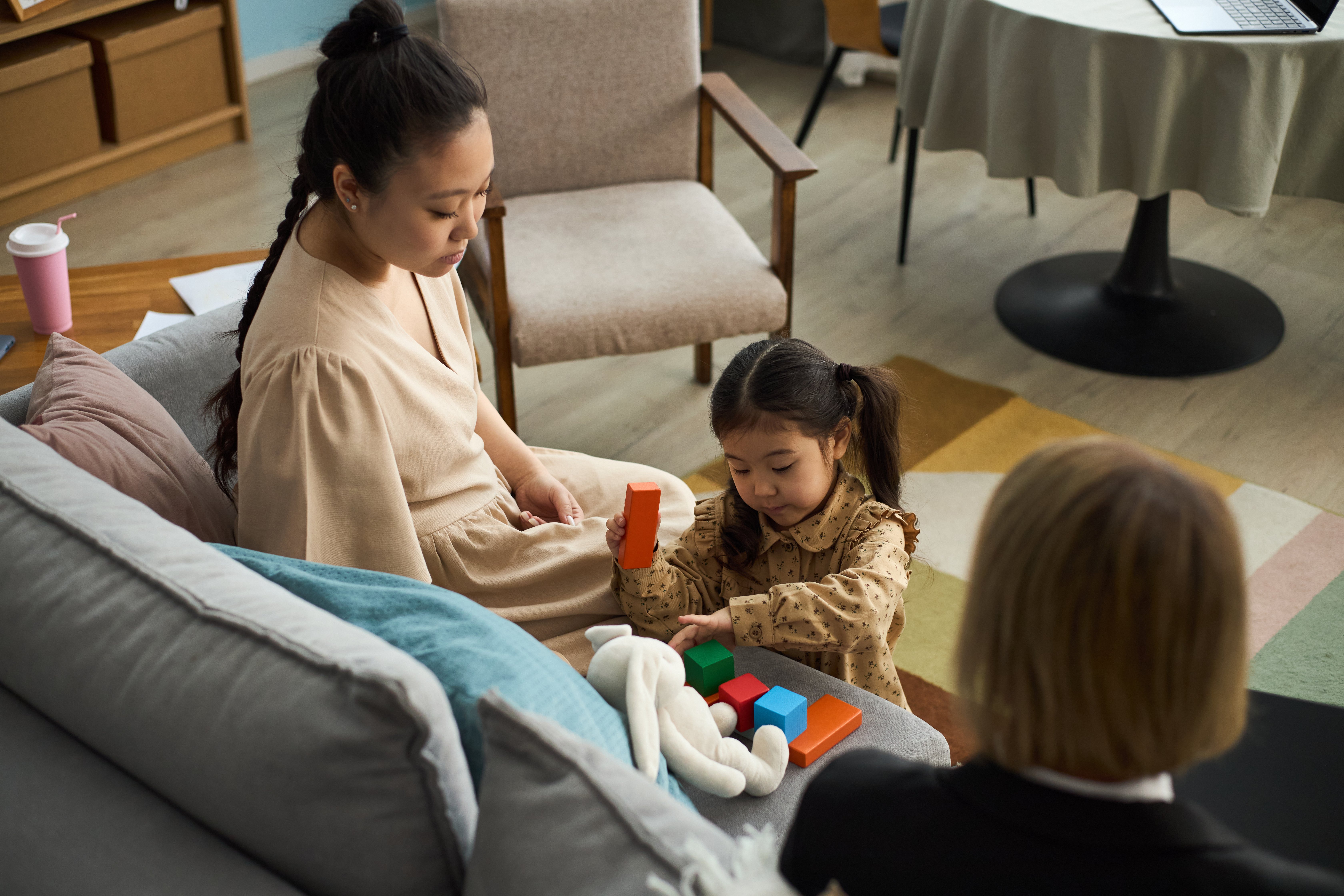
As the understanding of Autism Spectrum Disorder (ASD) grows, so does the commitment to creating more inclusive environments for individuals with Autism. In 2025, we will see a continued expansion of autism-friendly schools and workplaces, designed to better support children and adults with diverse needs. These changes will create opportunities for individuals with Autism to thrive both academically and professionally. This blog explores the ongoing efforts to expand autism-friendly schools and workplaces and the positive impact these initiatives will have on the Autism community.
Autism-Friendly Schools: A Vision for Inclusive Education
- What Makes a School Autism-Friendly?
- Sensory-Friendly Environments
Autism-friendly schools are designed to accommodate sensory sensitivities, a common trait among children with Autism. These schools will incorporate calming colors, noise-reducing materials, and quiet areas to help minimize sensory overload. Classrooms will be equipped with sensory-friendly tools such as fidget toys, noise-canceling headphones, and soft lighting to create a more comfortable learning environment. - Individualized Support Plans One of the most important features of autism-friendly schools is the development of personalized learning plans for each student. These Individualized Education Programs (IEPs) will be tailored to the unique strengths and challenges of each child. The goal is to provide targeted support in key areas such as communication, social skills, and academic performance, ensuring that every child has the resources they need to succeed.
- Collaboration with Families and Specialists Autism-friendly schools will foster strong collaboration between educators, families, and specialists, including speech therapists, occupational therapists, and behavior analysts. This team-based approach ensures that the needs of the child are met holistically, with all aspects of development being addressed in a coordinated manner.
- Expanding Access to Autism-Friendly Education
- Inclusive Curriculum In 2025, we can expect an increased focus on developing inclusive curricula that incorporate strategies for teaching children with diverse learning needs. These curricula will be designed to offer flexibility, allowing for differentiated instruction that supports a range of learning styles. Schools will use visual aids, hands-on activities, and assistive technology to ensure that all students, including those with Autism, can engage with the material.
- Inclusive Extracurricular Activities Autism-friendly schools will also offer extracurricular activities that are designed to be inclusive and accessible for all students. These activities will help children with Autism develop social skills, practice teamwork, and explore new interests. From sports teams to art classes, schools will make sure that there are opportunities for every child to participate in and enjoy these activities.
- Teacher Training As autism-friendly schools expand, there will be an increased emphasis on training teachers to work effectively with students with Autism. Professional development will focus on strategies for managing sensory sensitivities, promoting social interactions, and using positive behavior interventions to support students in the classroom. This training ensures that educators are well-equipped to meet the diverse needs of their students.
Autism in the Workplace: Promoting Independence and Career Opportunities
- The Growing Trend of Inclusive Hiring Practices
- Autism-Friendly Hiring Processes As we move into 2025, more businesses are expected to implement inclusive hiring practices that actively recruit individuals with Autism. These hiring practices will involve making reasonable accommodations to ensure that autistic candidates can perform their jobs to the best of their ability. This could include offering clear instructions, providing a quiet workspace, or allowing flexible work hours.
- Highlighting Strengths Many individuals with Autism possess unique strengths, such as exceptional attention to detail, strong problem-solving abilities, and specialized knowledge in certain fields. By recognizing these strengths, employers can tap into a highly skilled and dedicated workforce. In 2025, more employers will begin to embrace the concept of neurodiversity and actively seek out autistic employees who can bring valuable perspectives and skills to the workplace.
- Creating Autism-Friendly Workspaces
- Sensory Accommodations Just as schools are creating sensory-friendly environments, so too are workplaces beginning to adjust their physical spaces to better accommodate employees with Autism. This might include offering noise-canceling headphones, creating quiet rooms, and adjusting lighting to reduce sensory overload. These adjustments help create a workspace that is comfortable and conducive to productivity for individuals with Autism.
- Flexible Work Options Workplaces are also increasingly offering flexible work options, such as remote work or flexible hours. This allows employees with Autism to create a schedule that works best for their needs, helping to reduce stress and promote a better work-life balance. In 2025, we can expect more businesses to offer these accommodations as part of their commitment to inclusivity.
- Job Coaching and Mentorship Programs To support the transition into the workforce, companies will offer job coaching and mentorship programs for autistic employees. These programs provide guidance and support as employees adjust to their roles and workplace culture. Job coaches can help individuals navigate social interactions, manage workplace stress, and develop the skills needed to succeed in their careers.
Implications: What This Means for Individuals with Autism
- Promoting Social Inclusion and Independence
- Building Confidence The expansion of autism-friendly schools and workplaces offers individuals with Autism the chance to engage in social and academic activities in a supportive environment. As children with Autism learn and grow in inclusive schools, they build the skills and confidence they need to succeed in both social and academic settings. Similarly, autism-friendly workplaces allow autistic adults to contribute meaningfully to society, promoting independence and a sense of fulfillment.
- Improved Social Skills By participating in inclusive educational and professional environments, individuals with Autism will have more opportunities to practice social skills, interact with their peers, and form meaningful connections. These interactions help foster a sense of community and belonging, reducing feelings of isolation.
- Expanding Career Opportunities for Autistic Adults
- Long-Term Success As more businesses create autism-friendly workplaces, autistic adults will have access to career opportunities that align with their strengths and interests. This shift will help ensure that individuals with Autism can build meaningful careers, improve their financial independence, and contribute to society in a way that brings them satisfaction.
- Inclusive Work Environments The expansion of inclusive hiring practices will also help dismantle barriers that have traditionally hindered autistic individuals from entering the workforce. In the coming years, these practices will pave the way for a more inclusive and diverse workforce, where everyone has the opportunity to succeed.
Moving Forward with Inclusion and Empowerment
The continued expansion of autism-friendly schools and workplaces in 2025 will help create a world where individuals with Autism are valued for their unique strengths and talents. By embracing inclusive education and promoting autism-friendly work environments, we can ensure that individuals with Autism have the opportunities and resources they need to thrive.
At Unity Behavioral Services, we remain committed to supporting families, educators, and employers in creating inclusive environments for individuals with Autism. Together, we can help pave the way for a brighter future where all individuals, regardless of their challenges, can reach their full potential.









